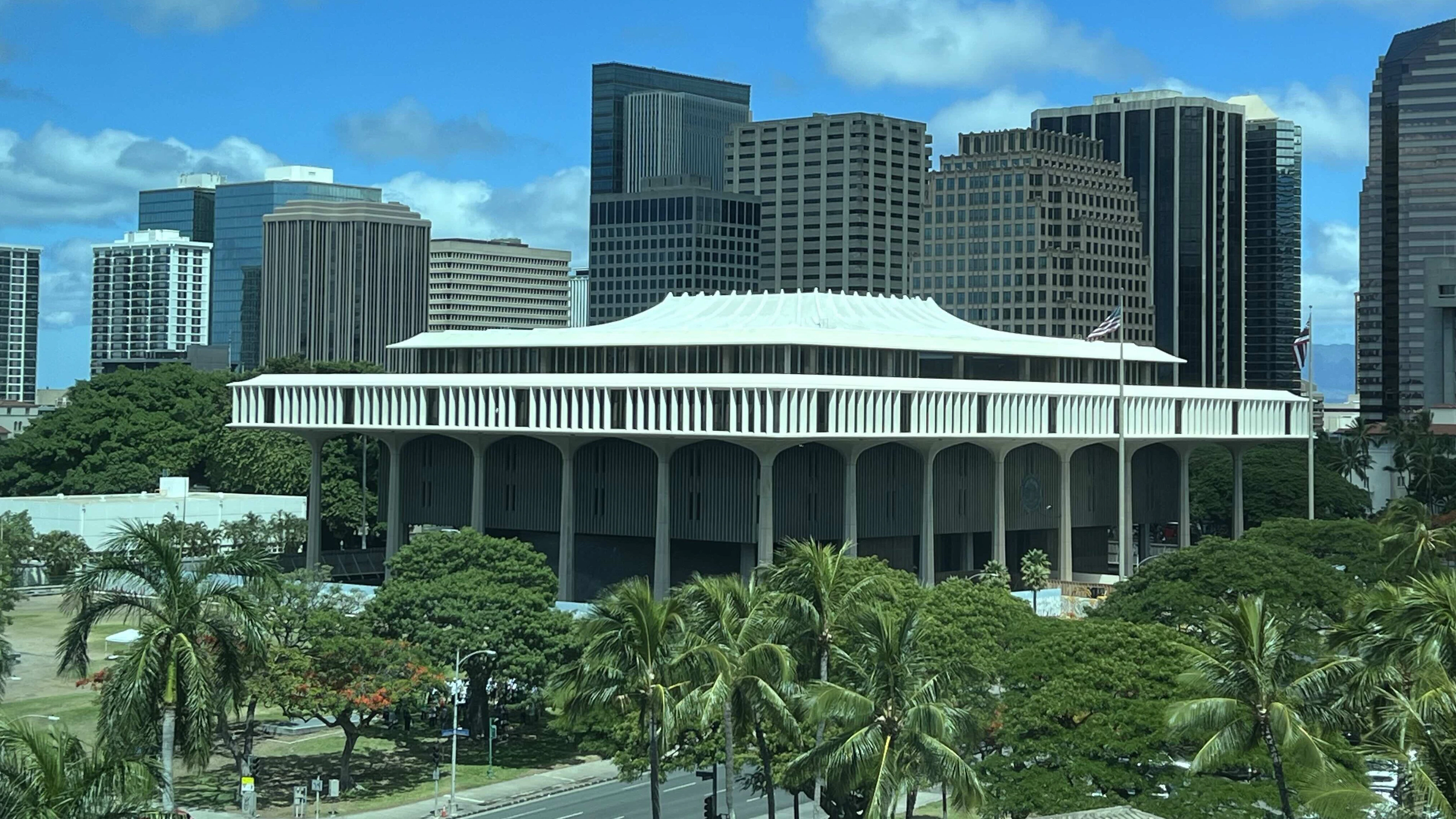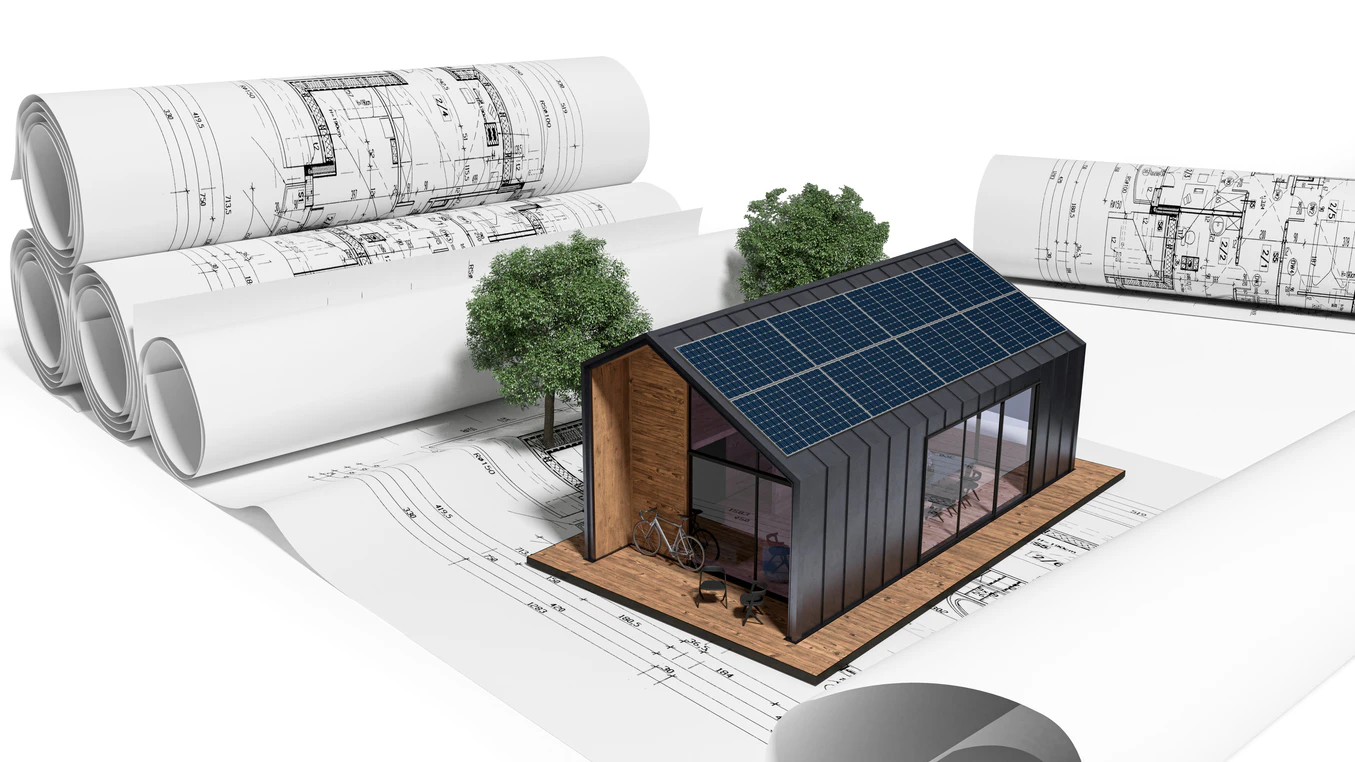After years of complaints and horror stories, policymakers can finally say they’ve taken decisive action to address Hawai‘i’s notorious permitting delays.
SB66, now Act 295, might not be as attention-grabbing as big tax cuts, but it could wind up being one of the most important bills passed by the Legislature in 2025.
I’m talking about the permitting “shot clock” bill, which you might recall was placed on Gov. Josh Green’s intent-to-veto list out of concern that it could shortcut necessary historic review.
Hundreds of community members urged the governor to reconsider vetoing the measure, pointing out that existing statutory protections for historic properties would remain in place.
He seems to have listened, and instead signed the bill on July 3. He also signed SB15 that day — a bill that amends the state’s definition of “historic property,” which was another permitting reform he planned to veto.
The permitting “shot clock” bill doesn’t take effect until July 1, 2026. But after that, if you submit a permit application to build a dwelling unit in one of Hawai‘i’s four counties and don’t receive any action in 60 days, you will become eligible for an expedited permit.
At that point, as long as your application is complete — including necessary historical or environmental paperwork — all you need to do is obtain certification from a qualified third party and a waiver of liability. After a five-day review period during which the permitting department verifies completeness, construction can begin.
Can you imagine? That new process might feel like magic given Hawai‘i’s long-standing permitting nightmare.
In Honolulu alone — when excluding same-day permits, which generally apply to solar panels — projects that were issued permits by the county’s Department of Planning and Permitting between Jan. 1 and April 1 of this year had an average wait time of 465 days.
Those delays could mean that someone spends more than a year securing and paying for temporary lodging, waiting on a desired renovation or simply watching the cost of materials rise while they’re unable to start building.
Hawai‘i’s historic review process also greatly contributes to permitting delays, so it’s good news that the governor signed SB15 along with SB66.
Effective immediately, SB15 adds to the state’s definition of “historic property” that a structure must “meet the criteria for being entered into the Hawaii register of historic places.” Previously, all properties at least 50 years old were required to go through historic review to obtain a permit, with limited exceptions.
But perhaps more important, SB15 excludes from State Historic Preservation Division review areas that are known to have a “low density of historic, cultural or archaeological resources” or that have already had substantial excavation without discovering historic properties.
As long as SB66 and SB15 are properly implemented, they represent huge wins for bringing down costs and speeding up construction to help to grow Hawaii’s housing stock.
As I’ve shared many times before, there is no silver bullet that will fix our state’s crippling housing crisis. But joining forces to ensure that reforms such as these continue to become law will go a long way.
Reprinted with permission from the July 14, 2025 "Presidentʻs Corner" of Grassroot Institute of Hawai‘i President & CEO Keli‘i Akina, Ph.D.
For the latest news of Hawai‘i, sign up here for our free Daily Edition newsletter!





